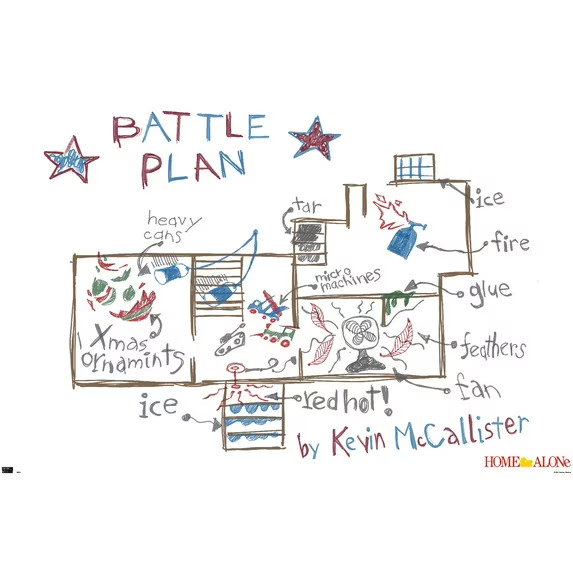"Han shot first" refers to a controversial change made to a scene in the 1977 film "Star Wars: Episode IV - A New Hope." In the original (and correct) version, Han Solo, portrayed by Harrison Ford, shoots the bounty hunter Greedo in the Mos Eisley cantina without waiting to be fired upon. This moment set up Han's ruthless survival instincts. However, in the 1997 re-release, director George Lucas edited the scene, so Greedo shoots at Han first, which Han then returns, altering the perception of Han's character. This sparked significant debate among fans and critics over the impact on Han's moral complexity and narrative arc.
Let’s face facts, when you’re living on the Outer Rim in a hive of scum and villainy, there’s only so much goodwill to go around, and knowing there is a price on your head that the other guy with a blaster means to collect narrows the possibility for peace considerably. Sometimes speed, surprise, and violence of action wins the day. As modern Americans, on the other hand, law enforcement tends to frown on cantina shoot outs. So, under what circumstances are you allowed to defend yourself? It tends to vary by state and locality, and I’m not a lawyer so this is a general overview and not advice of counsel, but here are a few examples of the overall legal philosophies and how they apply to Han’s case, where someone is pointing a weapon at your face.
Stand Your Ground
Of the US based laws, Stand Your Ground applies closest to what Solo chose to do in that moment. "Stand Your Ground" laws allow individuals to use force, including deadly force, in self-defense without any obligation to retreat, if they believe such force is necessary to prevent imminent death, great bodily harm, or a violent crime like robbery. Originating from the traditional "Castle Doctrine," which applies to one's home, Stand Your Ground extends this right to any place a person has a legal right to be.
Castle Doctrine
The "Castle Doctrine" is a legal principle that gives homeowners the right to use reasonable force, including deadly force, to protect themselves against an intruder within their home. This doctrine is based on the notion that a person's home is their castle, and thus, they should not have to retreat before defending it. The specifics can vary by state, but generally, the doctrine applies when the occupant believes the intruder intends to commit a felony or cause harm. Since the cantina is a privately owned establishment open to public use, this one is a no go for Solo.
Duty to Retreat
The "duty to retreat" is a legal principle that requires a person to avoid using deadly force in self-defense if safely retreating from the situation is possible. This doctrine contrasts with "Stand Your Ground" laws, which allow individuals to use deadly force without the obligation to retreat when they reasonably believe it necessary to prevent harm or death. The duty to retreat generally applies when the individual is outside of their home, as many states incorporate the "Castle Doctrine," which does not require retreat inside one's own dwelling. The application of this duty varies widely across different jurisdictions. As Solo was in a corner, the argument could easily be made that retreat was not an available choice at the time.
Before taking up a career as a smuggler for any galactic crime syndicates, it is important to check your local, state, federal, and interstellar districts for the laws governing when you can and cannot pull your blaster. It’s bad enough being chased by bounty hunters when Jabba gets touchy, best not involve the Imperials too.



%201.svg)











